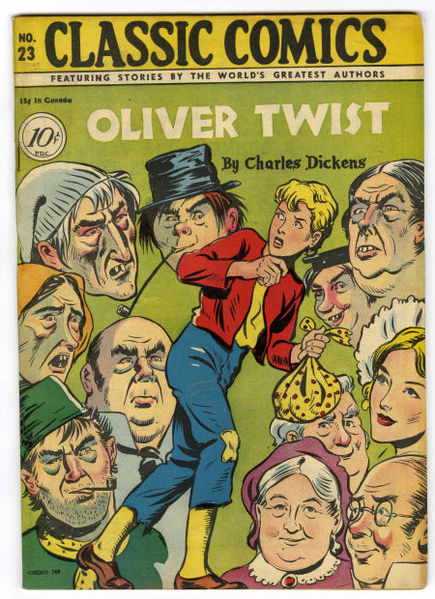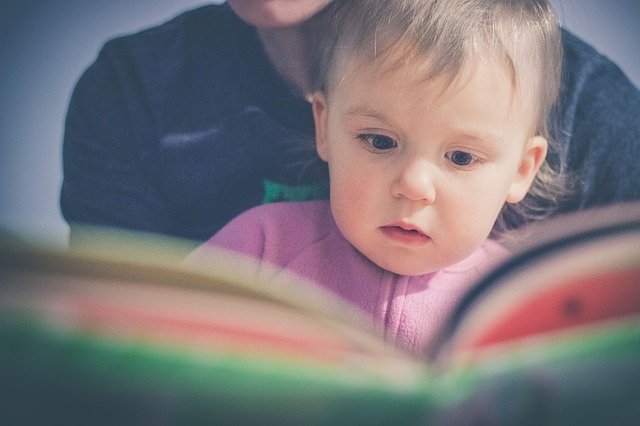What’s with all the Orphans in Kids’ Books?
Have you ever taken a good, close look at Middle Grade fiction? And in that close look, have you noticed that most of the protagonists are orphans? Yes, some may live with grandmothers or uncles, or the main story takes place in a school far from home – but even then, the parents are noticeably absent. Dead, disappeared, out of the picture, gone.
Why is that?
In Dave Astor’s Huffington Post article, he says their rough beginnings are what “draw our sympathy, and when they overcome obstacles via their own efforts and/or help from others, it is especially inspiring.” I would have to add that, without adult supervision or example, the orphan character grows and develops independence much more quickly, forcing them into a new world they otherwise would have been sheltered from. The orphans are literally alone, just as we may feel, and seeing such a character overcome is powerful.
The Orphan is an age-old archetype as well, and is so popular it has endured for centuries without becoming a laughable cliché. The orphans not only refer to those literally orphaned by the death of parents, but also orphaned because they are exiled, lost, disinherited, raised in captivity, or raised by animals. Their situations are stark and vastly different, an excellent way to begin an awesome story.
This doesn't mean that guardian figures don't have a place in children's literature, even if the protagonist has no living parents. Adult figures can guide and prod the orphan children along. Adults can be evil stepmothers or dark warlocks and demonstrate what it means to be good in contrast. Or, adults can be wise, elderly, or just goofy and warm-hearted friends.
Orphans aren’t hard to spot in middle grade books. Walk into any children’s department in any bookstore, grab a book at random, and you’ll find their orphan status right in the plot summary:
All he knows is a miserable life with the Dursleys, his horrible aunt and uncle… —Harry Potter and the Sorcerer’s Stone
Sickly Mary Lennox, sent to live with her English uncle… –The Secret Garden
Sara Crewe, an exceptionally intelligent and imaginative student at Miss Minchin's Select Seminary for Young Ladies, is devastated when her adored, indulgent father dies. –A Little Princess
From the very first page of this book when the children are at the beach and receive terrible news, continuing on through the entire story, disaster lurks at their heels. –A Series of Unfortunate Events: A Bad Beginning
Henry, Jessie, Violet and Benny, four orphaned brothers and sisters, suddenly appear in a small town. –The Boxcar Children
Liesel Meminger is a foster girl living outside of Munich, who scratches out a meager existence for herself by stealing when she encounters something she can’t resist–books. –The Book Thief
Everyone thinks that Sophie is an orphan. True, there were no other recorded female survivors from the shipwreck which left baby Sophie floating in the English Channel in a cello case… —Rooftoppers
Found running wild in the forest of Ashton Place, the Incorrigibles are no ordinary children –The Mysterious Howling
There are other classic orphans, like Jane Eyre and Oliver Twist, Huck Finn and Uncle Tom’s Cabin, as well as mythological (Romulus and Remus) and Biblical (Moses). They populate comic books and dominate movies and musicals. Even some of the “evil” or “dark” orphans – Marvel Loki fans, I’m looking at you – are worthy of empathy and intrigue. Orphans fascinate us – their trials and triumphs, their very real struggles and immense obstacles, their success and endurance – and they continue to populate books for young readers.
Who is your favorite literary orphan and why?
—
Laura Crockett is a graduate student, bookseller, Anglophile, tea devotee, musician, and book hoarder. Everything good in her boils down to her Midwestern upbringing. Follow her Downton Abbey obsessions on Twitter (@LECrockett) and book interests on her blog http://scribblesandwanderlust.wordpress.com




